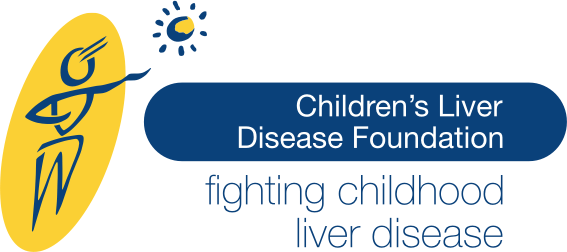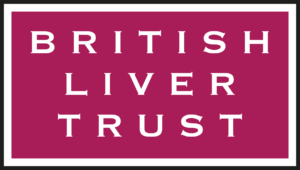Catherine, who is 24, has biliary atresia, autoimmune hepatitis and received a liver transplant when she was seven months old. She works full time for South West Water and is also studying for an MSc in Policy Research at the University of Bristol. Here she explains how CLDF ‘s young people’s services have helped her over the years.

I’m pretty sure that over the past ten years I have utilised all the services available from CLDF and found them to be a tremendous support. Whether it’s seeing a member of the team while I’m at a hospital appointment, attending a real-life event, or receiving support via the telephone or Zoom, it’s all been instrumental in supporting my physical and emotional wellbeing.
My first real interaction with Children’s Liver Disease Foundation was when I met their young people’s officer at a hospital appointment. They invited me to an event called Talk, Tell, Transform. It was a residential event in which young people like me created a video telling our liver story, which was then published via YouTube to support families and fellow young people and help educate others. This event was nothing less than eye-opening, it taught me so much about myself and I developed friendships which continue eight years on.
For a young person who has just been diagnosed with a liver disease or maybe just discovered Children’s Liver Disease Foundation, I would say give them a call to discover the types of resources and support available. Even now, I find it is helpful to be able to ring for support at any moment, and someone is always happy to talk or arrange a longer conversation.
The COVID-19 pandemic was really tough for young people with a liver condition. During that time, I often engaged in the 1:1 and group Zoom conversations with Michelle and Louise. This really helped with isolation and the loneliness I felt whilst shielding on and off for two years.
Having this regular contact also really helped to express all the emotions that come with the rollercoaster of living with a liver disease and liver transplant as well as catching up on the everyday life worries which can impact on a healthy liver lifestyle. As well as emotional support, which I think is vital, the team are often able to help with practical issues such as providing information booklets, speaking to schools, colleges and universities or helping contact relevant hospital departments.
The monthly HIVE hangouts on Zoom are a great focal point. Led by a member of CLDF staff, and split into two age categories, it’s a place to chat and relax! We laugh, cry (often with laughter), and discuss both liver and non – liver life. We are a close-knit extended family and it’s a great format to catch up. Sometimes if we aren’t too busy chatting, we occasionally actually do the quiz haha! Hive hangouts are a great way to feel supported and comfortable. Everyone is very welcoming, we all have liver conditions and people are happy to share experiences and advice but at the same time, your liver condition is not the focus unless you want to chat about it. There is no judgment, and I feel my liver friends are perfect at understanding and knowing what to say and where to turn for support. We face liver life as a group, and no one is alone.
I know that approaching any organisation for the first time is a bit nerve-wracking but I would say to any young person with a liver disease don’t hesitate to contact CLDF. They are a friendly bunch of people who work specifically with liver patients and can provide personalised support, care and information. They’ve heard it all before so are very easy to open up to on stuff where it might be difficult to chat to family or friends. You can always text, call or message if chatting over the phone or joining a Zoom call makes you nervous and everything is optional so you can join in as much or as little as you like.
To find out about CLDF’s services for young people, click here.

